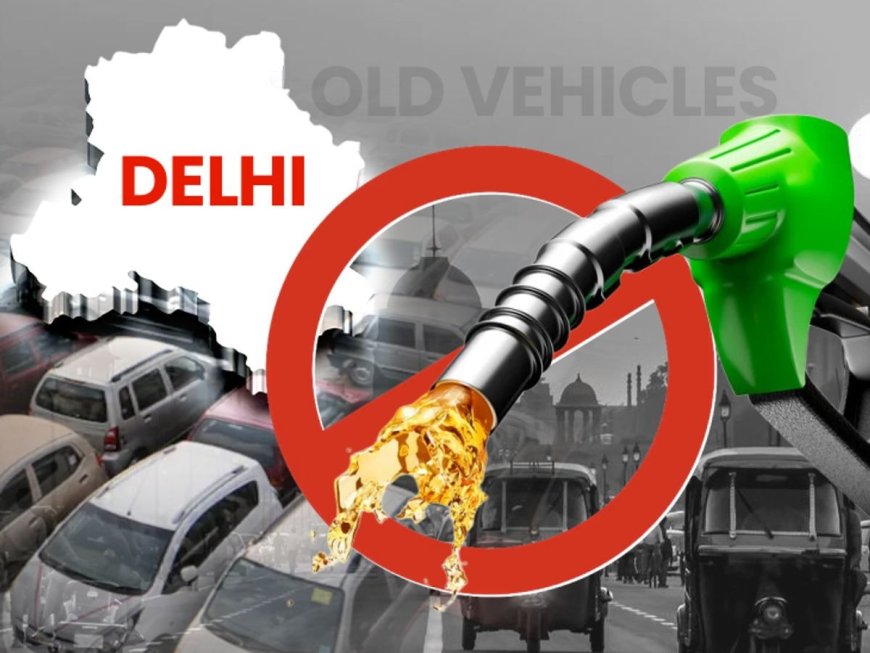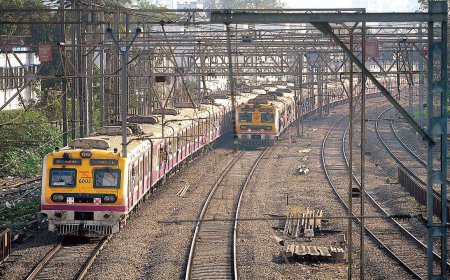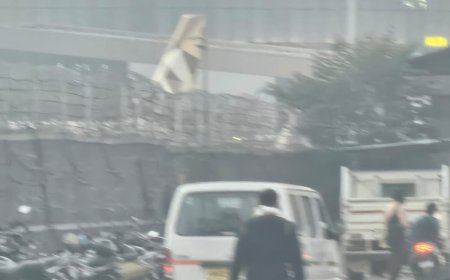New Delhi, July 1: In a major crackdown to combat Delhi’s rising air pollution, the city government has officially enforced a ban on refueling End of Life (EoL) vehicles starting today. As per the new regulation, petrol and CNG vehicles older than 15 years, and diesel vehicles older than 10 years, are now prohibited from refueling at any fuel station in Delhi.
This move comes under the guidance of the Commission for Air Quality Management (CAQM) and is being jointly implemented by the Delhi Transport Department, Delhi Police, Municipal Corporation of Delhi (MCD), and traffic authorities. The plan is backed by Supreme Court and National Green Tribunal rulings.
-
Petrol/CNG vehicles over 15 years old
-
Diesel vehicles over 10 years old
Owners of such vehicles will no longer be able to refuel in the national capital and may face fines or vehicle seizure if found violating the rule.
To enforce the ban, 350 petrol pumps across Delhi are under surveillance, with enforcement divided as follows:
-
100 high-risk stations under Delhi Police
-
59 stations monitored by the Transport Department
-
91 sensitive sites watched by joint teams
-
100 remaining stations overseen by MCD
Each fuel station is mandated to display clear signage warning vehicle owners about the ban and to log all denied refueling attempts as per government SOPs.
Automated Number Plate Recognition (ANPR) systems have been deployed to identify banned vehicles in real time. The Delhi Transport Infrastructure Development Corporation (DTIDC) is handling the operation of these systems.
According to the VAHAAN database, Delhi has approximately 62 lakh old vehicles:
-
41 lakh two-wheelers
-
18 lakh four-wheelers
An additional 46 lakh vehicles from surrounding states—Haryana, Uttar Pradesh, and Rajasthan—pose further challenges, as many enter the city daily.
Fuel stations that violate the rule could face legal action under Section 192 of the Motor Vehicles Act, 1988. Weekly compliance reports are to be submitted to the CAQM and Ministry of Petroleum and Natural Gas.




 Previous
Article
Previous
Article











